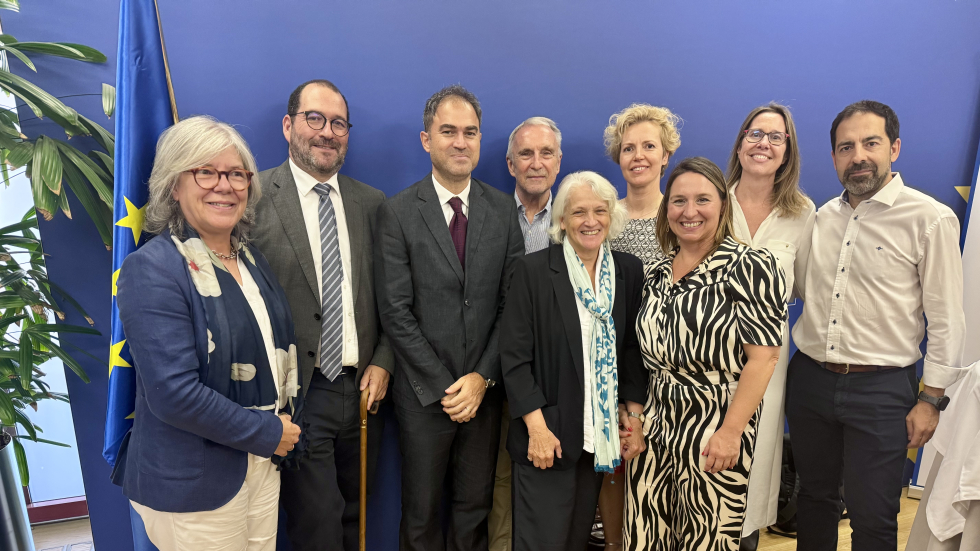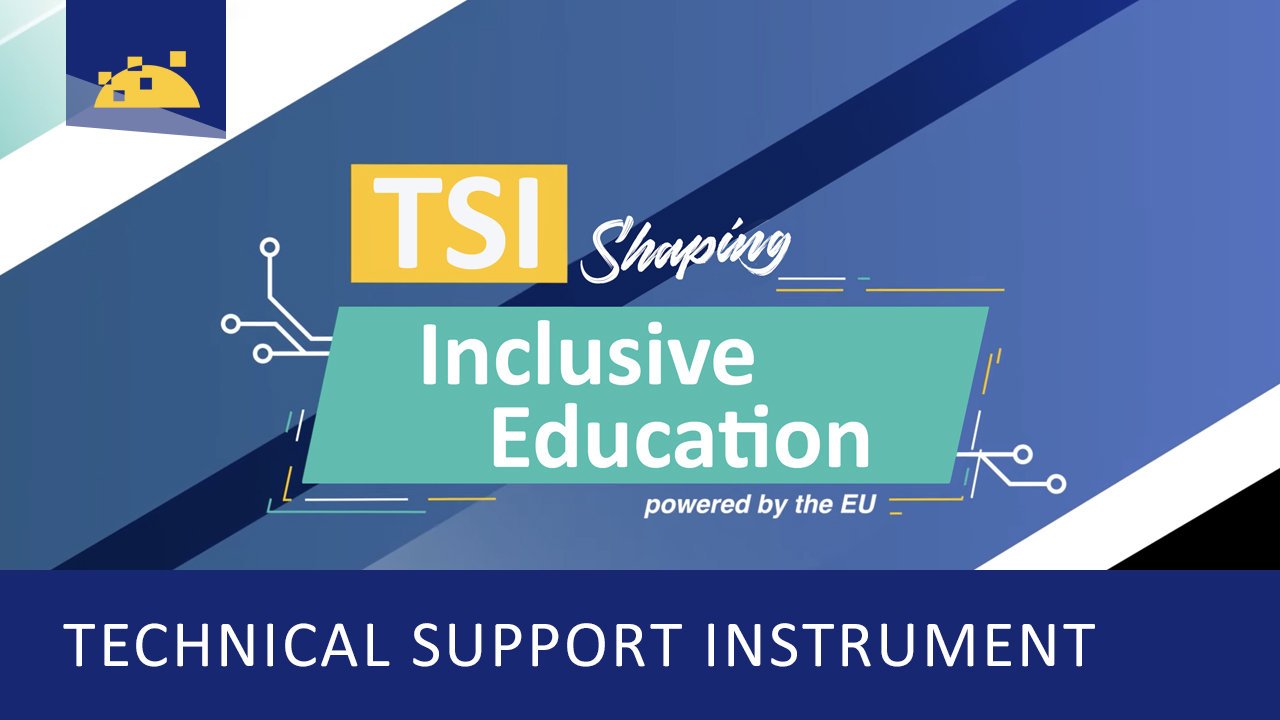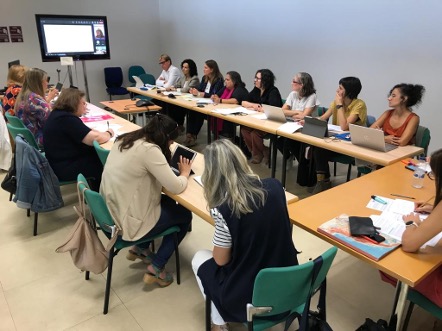The Spanish Ministry of Education, Vocational Training and Sports recently held an event marking the conclusion of the Technical Support Instrument (TSI) project aimed at reducing disparities in access to inclusive education in Portugal, Italy and Spain. The event took place at the European Parliament Office in Madrid on 9 July.
The event brought together key stakeholders in the TSI project, including from the European Commission’s Reform and Investment Taskforce (SG REFORM) and the education ministries from the three participating countries, and representatives from the Spanish Autonomous Communities. It served as a platform to present the project’s results and action plan proposal for Spain, and highlighted the collaborative efforts and insights gained throughout the project.
Kjartan Björnsson from SG REFORM opened the event with an overview of the project’s impact on developing more inclusive education systems in the three project countries, with a particular focus on Spain. EASNIE Director João Costa emphasised the importance of diversity in both education and wider society, and the need for inclusive education for all learners from early childhood.
Spanish Secretary of State for Education, Abelardo de la Rosa, underscored the ethical and democratic imperative of inclusive education, and stressed its role in promoting social cohesion. He called for full commitment, adequate resources, and continuous teacher training to achieve quality education for all, pointing out the need to address regional inequalities across the Autonomous Communities in Spain.
The EASNIE team presented an overview of the TSI project, including a detailed view of the Action Plan for Spain, showcasing the frameworks used and steps taken that aligned with Spain’s identified priorities for education. They also provided details of the participatory approaches used throughout the project, including a wide range of education stakeholders.
Professor Mel Ainscow from the University of Manchester, who contributed to the project’s webinars on capacity building, highlighted five key aspects for effective inclusive education. He illustrated them with examples of practice from very different countries and classroom contexts around the world.
Representatives from the ministries of education in Italy, Portugal and Spain shared their reflections on the project’s benefits, emphasising the value of shared interactions with stakeholders at different levels of the education systems across the participating countries.
Deliverables from this project provide extensive information, detailed guidance, tools and examples for each country individually, and for all three countries collectively.
The Action Plan project’s findings and recommendations have already influenced the drafting of Spain’s strategic plan for inclusive education. Like the TSI project, the Spanish ministry has engaged stakeholders throughout the development process for the strategic plan.
A video providing more information on the project is available on EASNIE’s Multimedia page.


